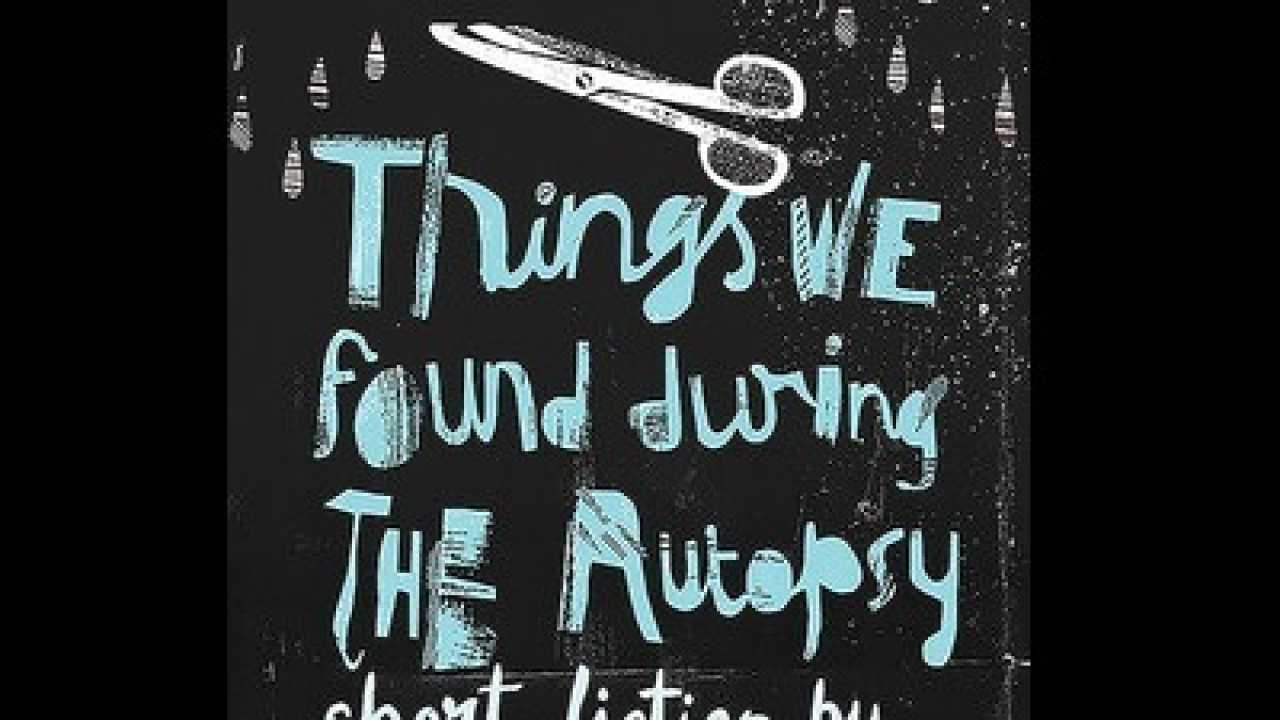
If you were to see the book trailer or announcement of Kuzhali Manickavel’s second book, Things We Found During the Autopsy, it would give you a fair idea of what to expect from it. I don’t mean there will be a woman from a marching band scratching a gramophone record, or random people playing music in the middle of a garbage dump or even a young girl with plaits holding blades between her fingers, Wolverine style. What you will get instead is plenty of the weird and the wonderful.
The back cover of her books has a list of things that can be found in the book, a glossary of sorts. There are angels, a dragon, floods, shapeshifters, minty-fresh non-coca cola, white people, poor people besides women, men, homosexuals and whores. There are references to puppies in ‘soft eyes that remind us of dogs and warm pastries’ and ‘veins bumping against fingers like the head of a playful puppy’.
She treats relationships and companionships differently— there are strong friendships, brief companionships and relationships that follow no formal definition.
One of the easiest ways to interpret her work is through satire, a closer look at the privileged class and their problems with fitting in, and the poor and underprivileged. The story ‘How to wear an Indian village’ plays on the tourists’ behaviour in villages— they come, they play with the children, they take photos and promise to send those photos to them. The photos remain, the children wait.
There’s a faint hint of despair in ‘Transcripts from Interviews with Three Spiritual Entities Trapped Inside a Young Girl in the Tropicool Icy-Land Urban Indian Slum’. In it, a spiritual entity trapped inside a young girl in the slum prefers living in a whale than in the slum which has seen an unnatural number of deaths. And in ‘The Whore Raft’, the protagonist escape a flood on a lattice of the living bodies of impoverished sex workers.
The stories are in first person. You are experiencing the stories. One moment you're counting the bones in Kathir’s ribs or using a lasso to pull a woman out of water and the next, you are part of a girl’s dance group in college, the girl near you is throwing up on a table or your harasser rubs against you on the bus again.
It is difficult to review Kuzhali’s work. The safest thing to say is that it forces you to think, to interpret and make sense of what she writes and that process can be frustrating.